Have you ever heard of the ancient pesticidal remedy that is Neem Oil? This organic product has been used for thousands of years to rid gardens and homes of pests like slugs and snails, but does it actually work? This blog post will be exploring the hidden power of Neem Oil and whether or not its reputation as an all-natural killer of garden pests is accurate. Put on your detective hat and find out if Neem Oil really does kill slugs and snails!
What are slugs and snails?
A slug and a snail are both gastropods, meaning they belong to the same taxonomic class. Both have a single coiled shell on their back. Slugs are land-dwelling creatures that are often found in gardens or damp areas around homes. Snails, on the other hand, live in aquatic environments such as ponds and streams.
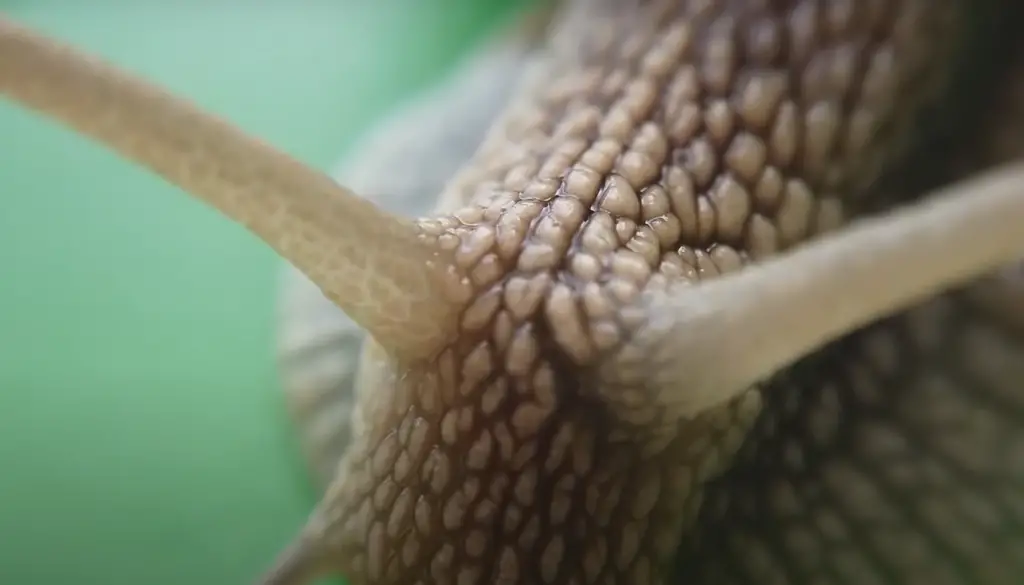
Slugs have soft bodies with two pairs of antennae protruding from the head whereas snails have one pair of antennae and their bodies are protected by a hard shell made of calcium carbonate. In addition, slugs move more quickly than snails as they do not rely on the slime trail left by snails for locomotion. Slugs also have an additional pair of tentacles (known as “horns”) located near their heads that are used to detect food and objects in their environment. Snails, on the other hand, have a single pair of tentacles that they use for both sensing and locomotion.
Both slugs and snails are hermaphrodites, meaning they possess both male and female reproductive organs. In addition, both species can reproduce by laying eggs or by self-fertilization. Slugs lay small clusters of eggs while snails lay larger egg masses called capsules. Both species are known to defend themselves with mucus secreted from glands in their bodies when threatened by predators such as birds or mammals.
Overall, slugs and snails may look similar but they have distinct differences in their external and internal anatomy. Knowing the difference between them can help you identify which species you may be dealing with in your garden or pond. Lastly, both slugs and snails play an important role in the environment by providing food for other animals and helping to break down organic material [1].
What Do Slugs Look Like?
Slugs Life Cycle
Slugs are slimy and usually have two pairs of tentacles on their heads. The upper pair is used to sense light while the lower one is used to detect smell, touch, and taste. Slugs may also have stripes or spots along their bodies, although this varies greatly depending on the species.
Slugs typically go through four stages in their life cycle: egg-laying, hatching, growth stage, and adulthood. During the egg-laying stage, they lay small clusters of eggs in damp areas like under rocks or logs. After a few weeks, these eggs hatch into larvae which look very similar to adult slugs but lack any trace of an external shell.
The larval stage lasts several months before they enter the growth stage. During this time, slugs will eat almost anything they can find including mushrooms, decaying plant material, and other small insects.
Once they have reached adulthood, most slugs will live up to two years during which time they will reproduce and lay more eggs.
Where Do Slugs Come From?
Slugs are native to many parts of the world and can be found on every continent except Antarctica. They live in a variety of habitats including forests, wetlands, grasslands, deserts, and even cities and towns! Slugs are primarily night-dwellers so they tend to hide during the day in dark places like under rocks or logs.
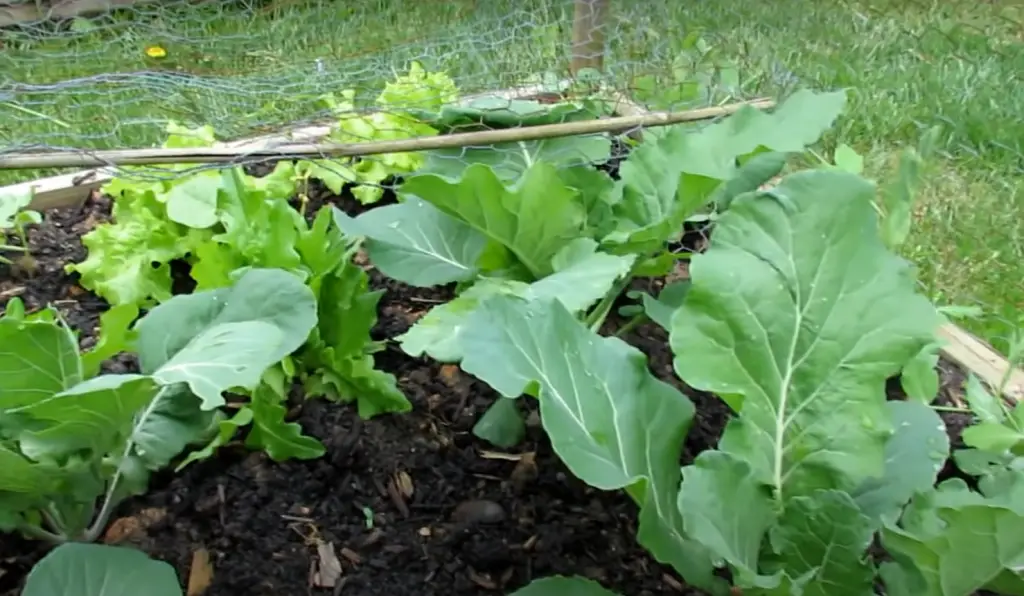
Their slimy nature makes them excellent climbers as they can travel up walls and across ceilings with ease. This ability also allows them to reach areas that would otherwise be inaccessible which is why they are often found in homes and gardens.
Slugs also have an impressive sense of smell which allows them to locate food from long distances away. This makes them especially adept at finding decaying plant material that they feed on.
Slugs are also common hosts for parasites and other organisms which can be found living on their bodies. These creatures often hitch a ride on the slug’s back while it moves around, providing them with an easy way to transfer from one location to another.
What Do Slugs Eat?
Slugs are omnivorous, meaning they will eat both plants and animals. They primarily feed on decaying plant matter such as leaves, stems, and flowers but can also consume small insects or worms if they find them.
Some species of slugs also have a taste for fungi which makes them particularly important in mushroom cultivation. Slugs are known to graze on the young mushrooms as they emerge from the ground which helps keep their population under control.
In urban environments, slugs can often be found eating pet food that has been left out overnight or even fruits and vegetables from household gardens. In some cases, these pests may become so numerous that they may need to be controlled with baits or traps.
What Does Damage from Slugs Look Like?
Slugs can cause damage to various plants in a garden or home. This damage typically appears as irregularly shaped holes that are chewed into leaves or fruits and vegetables.
The slimy nature of slugs also makes them adept at slime trails, which are long and slimy trails left behind by the slug as it moves around a garden or home. These trails may attract other pests such as ants or flies which can further complicate the pest problem.
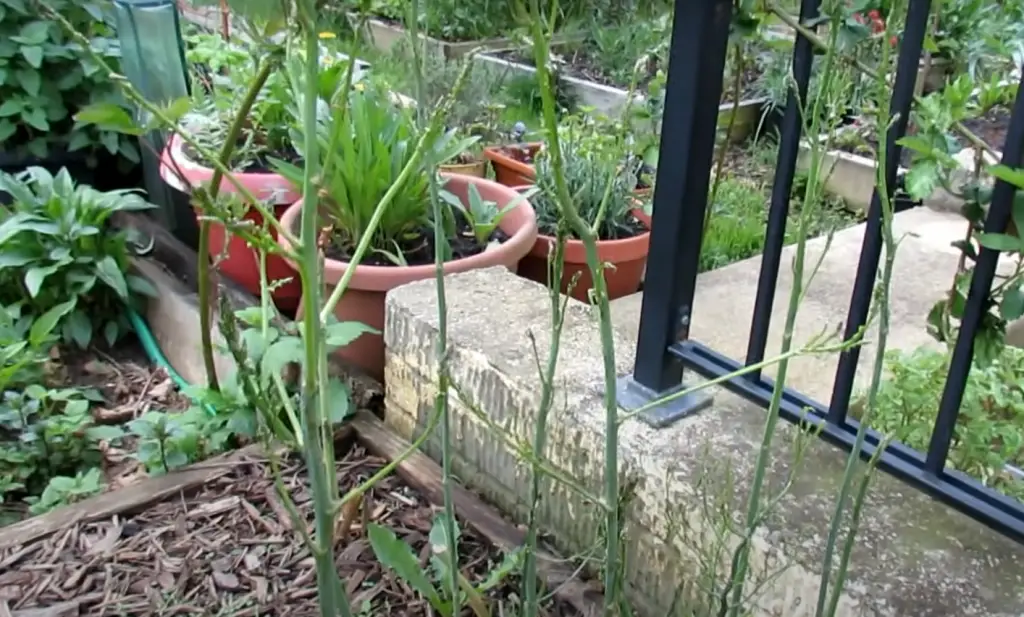
In addition to eating plant material, slugs may also feed on wooden structures such as decks or outdoor furniture. When this happens, the wood will often appear chewed up with small holes scattered throughout it.
Finally, slugs may also leave behind an offensive odor due to their slimy nature. This odor can often be detected in areas where they have been present for a long period of time.
Slugs may seem like harmless creatures, but they can cause a great deal of damage if left unchecked. By understanding their habits and habitat, you can take the necessary steps to prevent them from causing any further damage.
Natural Slug Control Methods
Hand Pick The Slugs From Your Garden
The most obvious form of slug control is to manually pick them from your garden. This method can be labor-intensive and time-consuming, but it ensures that you get rid of the slugs in an environmentally friendly manner. Make sure you check plants over thoroughly for hiding slugs before replanting.
Use Beer Traps To Attract Slugs
Beer traps offer a great way to catch slugs without using any chemicals or poisons. All you need is a shallow container filled with beer and placed near where slugs are likely to congregate. The smell of the beer will attract them and they’ll drown when they fall into the container. Empty the contents and reset your trap every day or two to keep up with the population.
Make Your Own Slug Trap (Without Using Beer)
If you don’t want to use beer, there are still ways to create your own slug traps. A mixture of equal parts water and sugar will also attract slugs. Pour it into a shallow container such as a jar lid placed in the garden near where slugs are likely to be. Slugs come out during the night and are attracted by the sweet smell of the sugar–water mixture. They will then drown when they fall into the jar lid. Empty the contents every few days to keep up with them.
Encourage Predators To Keep Slug Populations Low
Predators such as ground beetles, frogs, toads, hedgehogs, and birds are all-natural enemies of slugs. Encouraging these creatures into your garden by providing a good habitat with food and shelter will help keep the slug population low.
Create Barriers To Protect Plants From Slugs
Creating barriers around plants that are particularly vulnerable to slugs can help reduce damage from them. A barrier can be anything from crushed eggshells, diatomaceous earth or even copper strips.
Water The Soil Regularly To Reduce Slugs
Making sure that the soil is kept moist, will help deter slugs from coming near your plants. Slugs like to live and hide in dry, shaded areas so by making sure that the soil is consistently moist they won’t be able to survive.
Use Natural Nematodes To Control Slug Populations
Nematodes are small worms that act as parasites on slugs. They can be bought in powder or liquid form and simply mixed into a spray bottle with water.
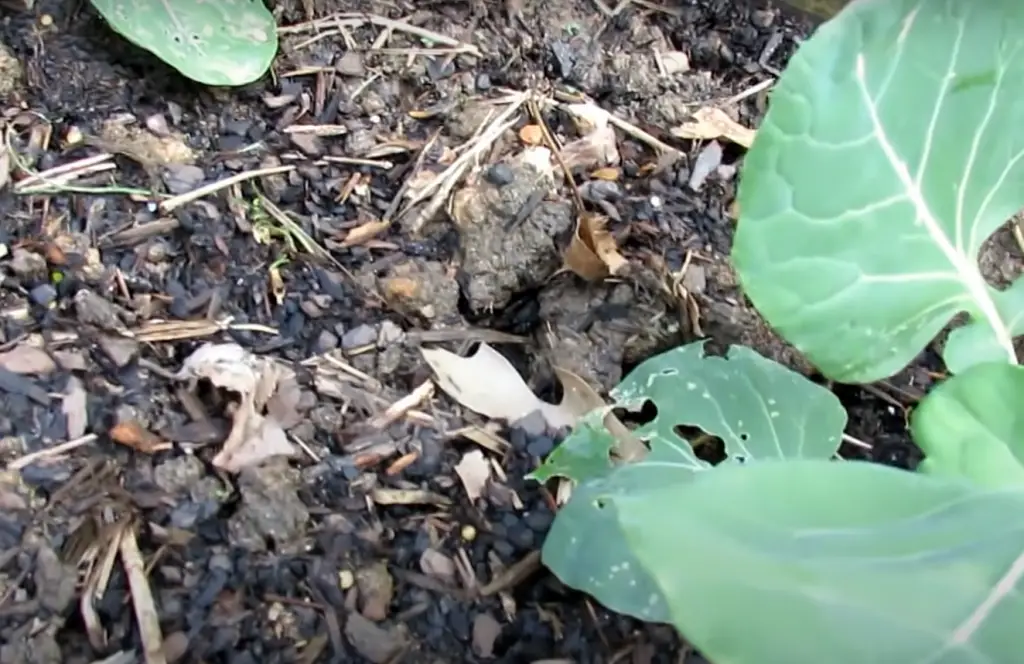
Once applied to the soil, the nematodes will naturally seek out slug eggs and other hosts, killing their populations over time without harming other creatures or plants.
Try Putting Salt On A Slug
Sprinkling salt on slugs is an old-time remedy that can effectively kill them. While it is a viable option, keep in mind that salt can also damage your plants. Make sure not to overuse this method as too much salt could lead to injury and death of your plants.
Create A Copper Slug Barrier
Using copper is an effective way to create a physical barrier to keep slugs away from your plants. Copper emits an electrical charge when it’s in contact with slimy objects such as the slime left behind by slugs. By laying down copper strips or wire mesh around your garden beds, you can deter slugs from entering.
Try Coffee Grounds For Slug Control
Coffee grounds can be used to create a barrier that slugs won’t cross. The strong smell of the coffee will deter them from entering your garden beds and eating your plants. Simply sprinkle some fresh grounds around the plants you want to protect and replace it regularly when needed.
Employ Companion Planting To Discourage Slugs
Companion planting involves strategically placing certain types of plants near each other in order to repel pests like slugs. Planting onions or garlic near susceptible plants is a natural way to ward off slugs without having to use chemicals or poisons. Other companion planting ideas include using rosemary, lavender, chives, or fennel as these herbs are all known for their slug-repelling properties.
Apply Organic Slug Pellets To Kill Slugs
Organic slug pellets are an effective way to kill slugs without harming other creatures or the environment. They are made from natural ingredients like crushed eggshells and iron phosphate, which is a naturally occurring mineral. Apply the pellets evenly around susceptible plants and reapply as needed throughout the growing season [2].
How Effective is Neem Oil Treatment for Snails and Slugs?
Neem oil is a popular and effective natural treatment for snails and slugs.
When applied to the soil or other areas where snails and slugs are present, neem oil will repel them from the area. It can also help prevent further infestations by blocking their ability to lay eggs in the soil. Neem oil is an ideal choice for organic gardeners because it does not have the same harmful effects on beneficial insects like bees and butterflies as chemical pesticides do.It’s important to note that neem oil must be used correctly in order to be effective against snails and slugs. The oil must be applied directly to the pests to kill them, and it must be reapplied after rain or other moisture events. Additionally, neem oil can break down quickly in sunlight, so it should only be used in shaded areas of the garden.
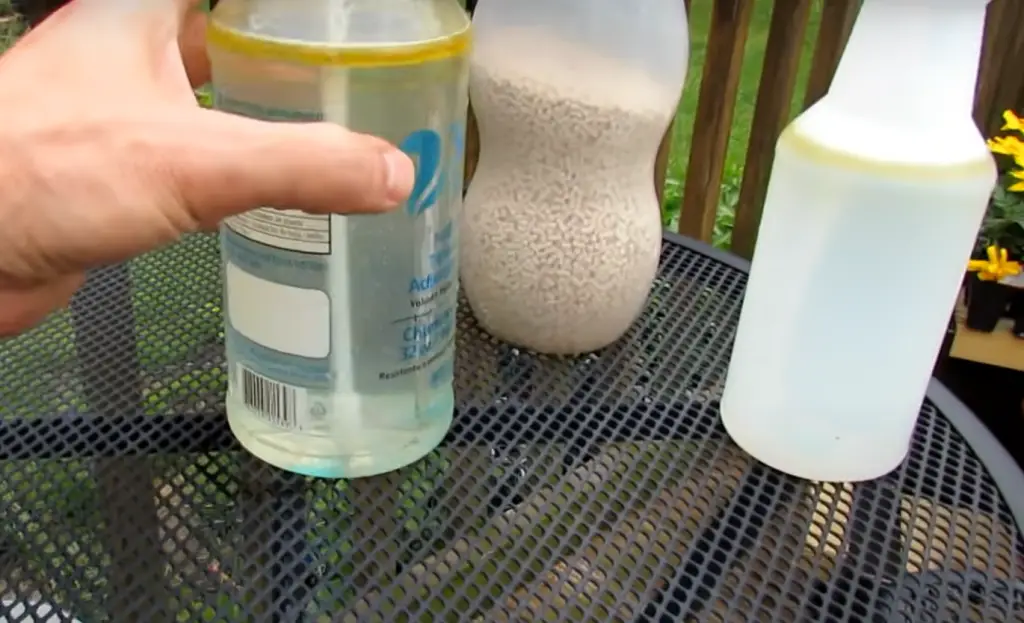
Overall, neem oil is a safe and effective way to manage snail and slug populations in organic gardens. It works best when combined with other cultural control methods such as handpicking snails off of plants and encouraging beneficial predators like frogs and salamanders. By using a combination of chemical-free methods, gardeners can successfully protect their gardens from these pesky pests!
Scientific Evidence for Neem Oil Effects on Slugs and Snails
Experiment on Arianta Arbustorum (Snail)
Researchers at the University of Washington experimented to study the effects of neem oil on Arianta arbustorum, a common garden snail. The results showed that when exposure to neem oil was increased, the survival rates of the snails decreased significantly. In addition, there was also evidence of toxic effects on development and reproduction in exposed snails.
Experiment on Deroceras Reticulatum (Slug)
Another scientific study examined the effect of neem oil on the slug species Deroceras reticulatum. The researchers found that exposure to low doses of neem oil caused mortality in slugs and inhibited their egg production. Furthermore, they observed behavioral changes in exposed slugs, such as a decrease in crawling activity and an increase in resting time.
Study Results for Neem Oil Effects on Four Different Snail Species
A study conducted by researchers at the University of Turin in Italy tested the effects of neem oil on four different snail species. The results showed that exposure to neem oil caused mortality in all four species, with the most sensitive species being Cantareus aspersus and Cochlicopa lubrica. Furthermore, exposure to neem oil also caused significant changes in development and reproduction for all four species.
Research on Derorceras Reticultum (Slug) and Deroceras Panormitanum (Slug)
A study conducted by researchers in Italy studied the effects of neem oil on two slug species, Deroceras reticulatum and Deroceras panormitanum. The results showed that exposure to neem oil caused mortality in both species, with D. reticulatum being more susceptible than D. panormitanum. In addition, there was evidence of toxic effects on development and reproduction in exposed slugs [3].
How To Prevent Slugs In Your Garden?
There are several methods you can use to prevent slugs from damaging your garden. Some of the most effective ways include:
- Handpicking: Regularly inspect your garden and pick off any slugs you see by hand, dropping them into a bucket of soapy water to kill them.
- Fences and Barriers: Use barriers or fences to keep slugs away from vulnerable plants in your garden. Copper tape can be used as it gives an electric shock when a slug attempts to cross it, deterring them from entering the area.
- Mulching: Create a 2-3 inch layer of organic mulch around your plants as this will make it difficult for slugs to move around in your garden.
- Natural Predators: Introduce natural predators like frogs, toads, hedgehogs, and ducks into your garden as they will eat slugs and help keep their population under control.
- Compost Heaps: Place compost heaps away from your plants and regularly turn them over to discourage slugs from taking up residence there.
- Beer Traps: Set out shallow dishes of beer near vulnerable plants as slugs are attracted to the scent and will drown when they get inside the dish.
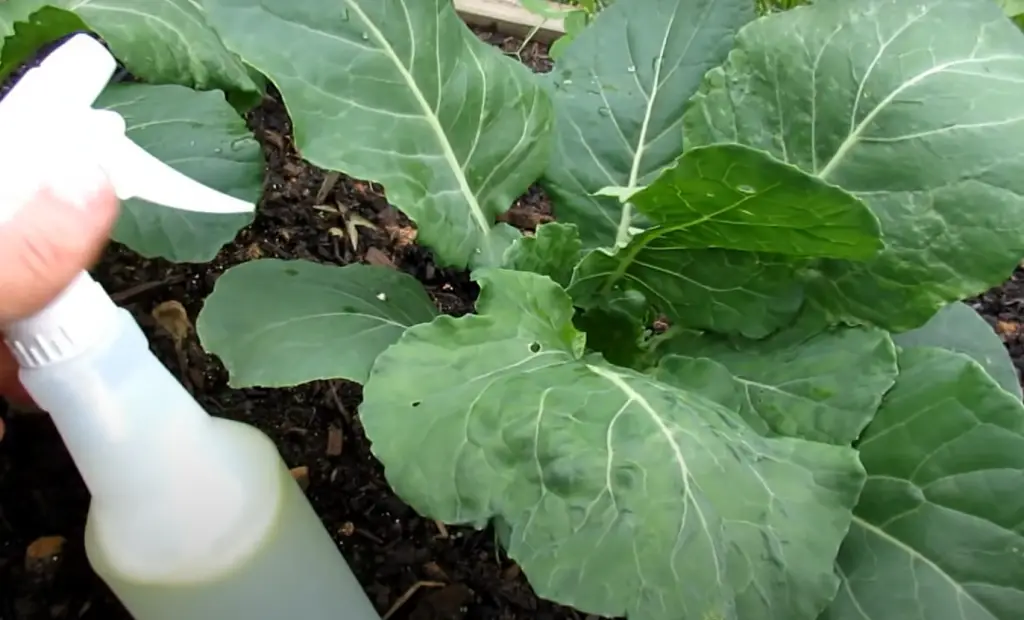
By using these methods you can effectively prevent slugs from damaging your garden and enjoying a healthy harvest throughout the year!
FAQ
What attracts slugs to my garden?
Slugs are attracted to gardens for the same reason that they’re attracted to any other environment – moisture, food, and shelter. In a garden, slugs are especially drawn to areas of high humidity, damp soil, decaying organic matter (such as fallen leaves or mulch), and moist areas near plants or plant debris. Additionally, some species of slugs may be attracted to light sources at night. To control slug populations in your garden, focus on reducing areas of moisture and eliminating suitable hiding spots such as flower pots or rocks with crevices. Additionally, using barriers like copper strips can help keep slugs out of your garden. Finally, attracting natural predators like birds can help reduce slug populations as well.
What is the best way to control slugs?
The best way to control slugs is with a combination of physical barriers, natural predators, and chemical controls. Physical barriers such as copper strips can be used to keep slugs out of your garden, while natural predators like birds can help reduce slug populations. Chemical controls are also an effective method for controlling slugs; baits containing metaldehyde or iron phosphate (such as Sluggo®) are among the most widely used products on the market. When using any kind of chemical control, be sure to read and follow all instructions carefully in order to use it safely and effectively.
How do I know if I have a slug problem in my garden?
Signs that you may have a slug problem in your garden include the presence of slimy trails on leaves and surfaces, as well as the presence of small holes in plants. Additionally, if you notice an increase in plant damage or a decrease in plant growth, this may also indicate a slug problem. If you suspect that slugs are present in your garden, it’s important to take steps to control them before the population grows out of hand.
What do slugs eat?
Slugs are primarily herbivorous, meaning they primarily feed on plant matter. Slugs will eat a wide variety of plants including vegetables, fruits, flowers, and seedlings. Additionally, slugs can also feed on decaying organic matter such as leaves or mulch. In some cases, slugs may also eat carrion (dead animal tissue). If you have slugs in your garden it’s important to take steps to control them before significant damage occurs.
When do slugs come out?
Slugs typically come out at night, when it’s dark and damp. Some species of slugs may also be active during the day or on overcast days. Slugs prefer humid environments, so they tend to be most active in areas of high humidity or after rain. It’s important to take steps to control slugs before they cause significant damage to your garden.
Are slugs good for anything?
Although slugs can cause damage to plants, they also serve an important role in the environment. Slugs help to break down decaying organic matter like leaves and mulch, which helps to enrich the soil. Additionally, slugs are a food source for many species of birds, reptiles, amphibians, and mammals. Finally, some species of slugs may even be used as biological pest control agents in certain areas.
Useful Video: Slugs are eating my garden! Neem Oil to the rescue!
Conclusion
Neem oil can kill slugs and snails, a common garden pest that feeds on plants. This makes it an effective natural control method for these pests without the need to use synthetic chemicals. However, neem oil can cause skin irritation and breathing difficulties in humans and pets, so it is important to follow safety guidelines when using the product. Additionally, its effects are not long-lasting and repeated applications may be necessary. Neem oil is a useful tool for controlling slugs and snails if used properly, but other methods should also be considered to improve overall garden health.
References:
- https://a-z-animals.com/blog/slug-vs-snail-the-3-key-differences-explained/
- https://www.learningwithexperts.com/gardening/blog/organic-slugs-snails-control
- https://moplants.com/does-neem-oil-kill-snails-or-slugs/






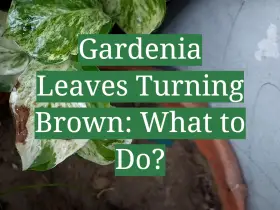
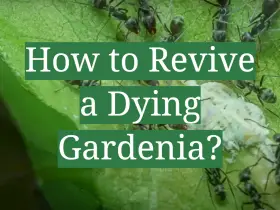
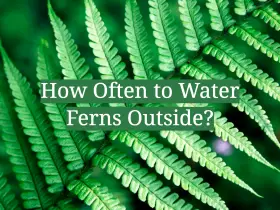
Leave a Reply
View Comments